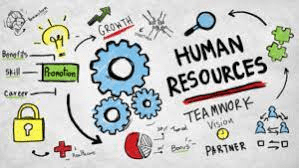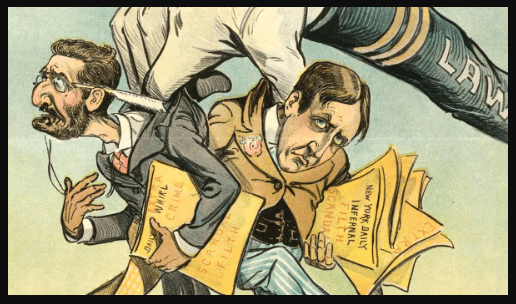Is love marriage better or arranged marriage? Someone asked me.
Well, both types have their logic. Those who think that love marriage is better, they argue that life partners must know each other well. Both couples should truly love each other, appreciate each other’s choice and ignore each other’s ills. Moot point is that they will spend the entire life as a couple, so initial objections or hiccups from each other’s family may be ignored. The family won’t continue life long rather after ten years or so, a new family will take place.
Those who argue for arranged marriage cite that marriage is never between two persons (couples). It’s a marriage between two families, kith and kin. Both couples are placed at par while redefining the relations. For example, in Indian culture generally, the wife is younger compared to the husband. Now husbands younger brother has to respect the wife (sister-in-law) although the wife is younger compared to his brother in law. That means whoever younger to her husband in her in-laws’ family will be considered junior to the wife irrespective of the fact whether some are elder than the wife by age. Similarly, a husband has to respect whoever is senior to his wife even if some are younger to him by age.
Pro-love marriage people cite that arrange-marriage although tenable, the disturbance and dissent among couples continue. Pro-arranged marriage community always point the rate of divorce among love marriages. interestingly both groups never cite the happily married couples in both cases.
I always think that marriage is a compromise. One need a life partner for sure. No two people can ever be a perfect match because all humans irrespective of genders are unique in their attitude, thought process, attributes and behaviour. One can’t expect that another will be the same as he/she is. That means you have to compromise. Those who have love marriage also realise the same after some years of marriage because the reality of character of the couple only tested during the maintaining of married life. If you continue your life struggle for at least a couple of years, the entire pre-marriage love falls apart because of the hard realities of life
A perfect or successful marriage is where both couples adjust themselves to suit each other. Here ‘The art of appreciation’ plays an important role. Husband may think his wife is not perfect. But he can appreciate her brighter side ignoring any wrong side. This applies to the wife too. The husband may not be her ‘dream prince’ in case of an arranged marriage or ‘the man she loved before marriage’ in love marriage, but then she can find the brighter side of her husband to openly appreciate and ignore any wrong side lately discovered or known.
I think that family doesn’t start from a couple only. Family is a continuous process where batons are transferred generation to generation. Thus, the present-day nuclear families are not as great as the extended families which continue generation wise. Anyway, in many cases, it’s also seen that nuclear families are better than extended families. That means nothing is wrong or impossible if one knows how to manage through various compromises of married life. Point is simply that one has to make himself/herself compatible with whichever family he/she belongs to for a peaceful and happy life that included married life too.
When you say that somebody is unfit to you, then you concede that you too are unfit to that person. For example, if a cap is unfit for the bottle, then the bottle too is unfit for the cap. The day you realise this you won’t find anybody unfit to you.
Powered by Froala Editor




